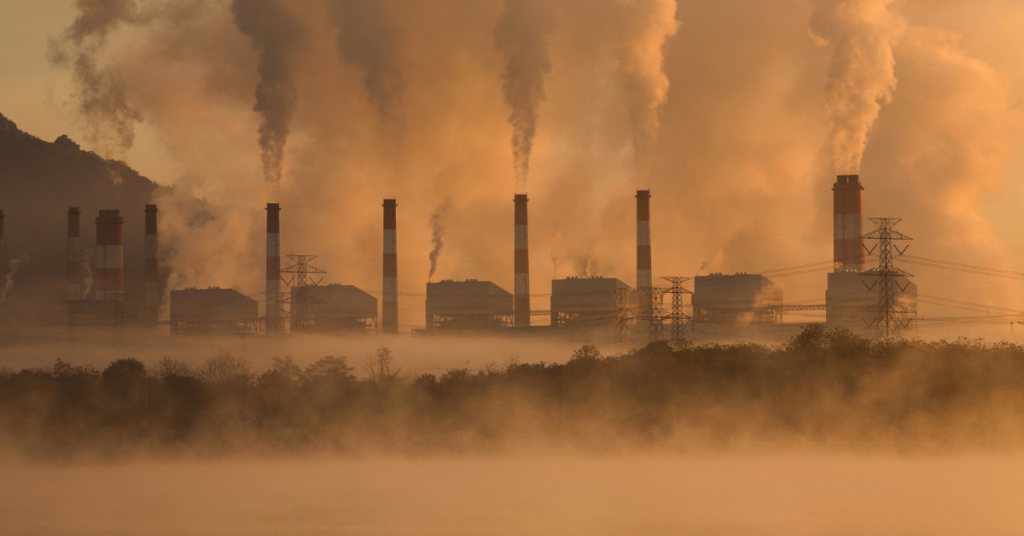
1. Analyze the relationship between air pollution and environmental justice, considering disparities in exposure and impacts on marginalized communities.
2. Evaluate the effectiveness of different air pollution control technologies and their feasibility for widespread implementation.
3. Discuss the impact of air pollution on global climate patterns and the potential feedback loops between pollution and climate change.
4. Critically examine the role of governmental policies and regulations in addressing air pollution, considering their strengths and limitations.
5. Investigate the long-term health effects of air pollution on specific vulnerable populations, such as children, the elderly, and individuals with pre-existing conditions.
6. Compare and contrast the air quality monitoring systems in different countries and assess their effectiveness in promoting public health.
7. Explore the complex relationship between air pollution and economic development, weighing the costs and benefits of industrial growth.
8. Analyze the interconnections between air pollution, biodiversity loss, and ecosystem disruption, considering the cascading effects on ecosystem services.
9. Examine the role of citizen science initiatives in monitoring and raising awareness about air pollution, and discuss their potential for influencing policy change.
10. Assess the ethical implications of air pollution, including the responsibility of individuals, businesses, and governments in mitigating its effects and promoting environmental justice.